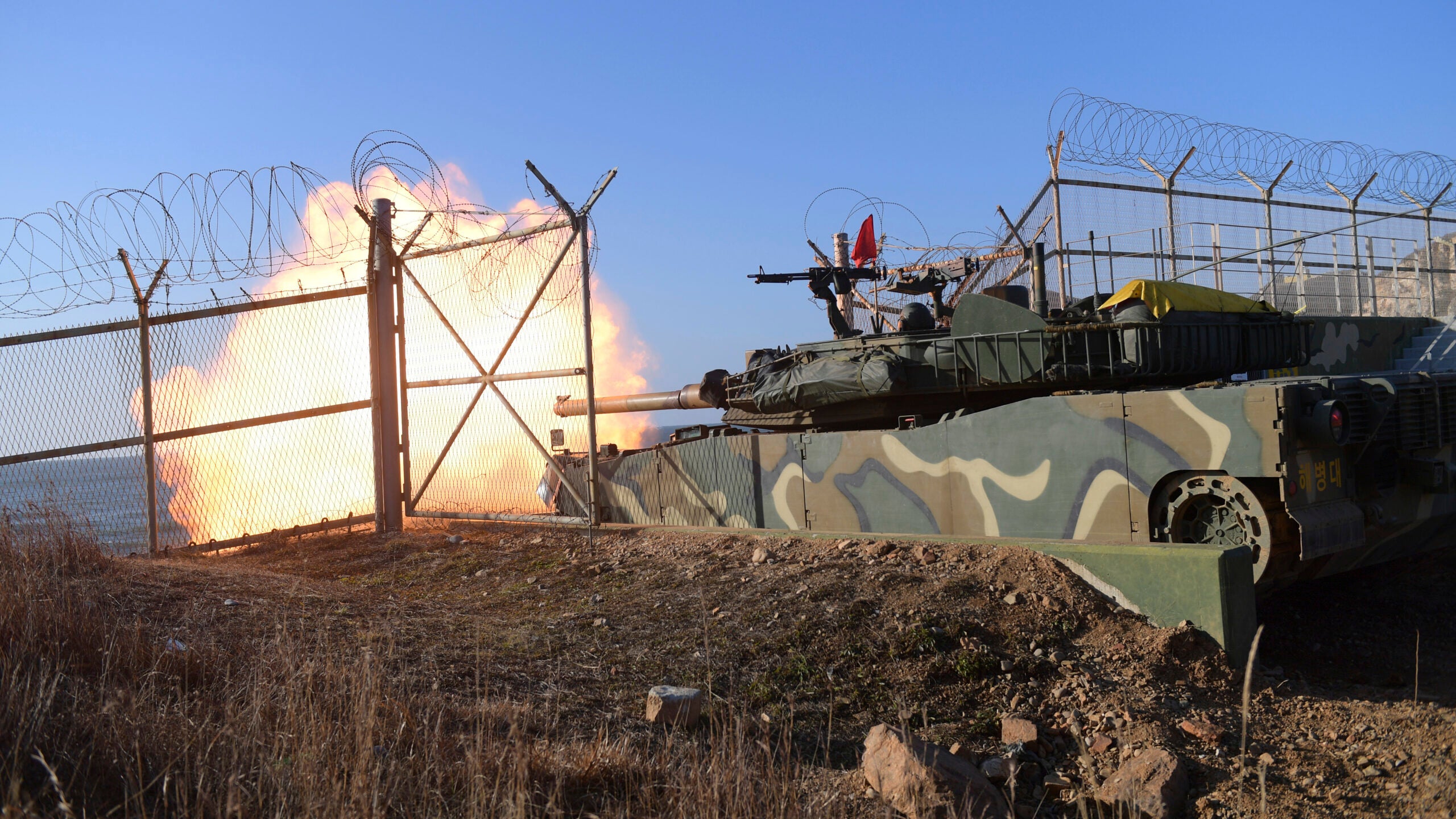In 1970, there were nearly twice as many teens working summer jobs as there are today. We explore why the summer job market for teenagers has changed so drastically. Also, we learn about mosses that were rediscovered in a Wisconsin herbarium, and what they can tell us about our state’s environment. We talk to a foreign policy expert about North Korea’s successful long-range missile test and how the U.S. might respond.
Featured in this Show
-
North Korea Successfully Tests Long Range Missile That Could Possibly Reach Alaska's Shores
On Tuesday, North Korea successfully tested an intercontinental ballistic missile that could potentially reach the coast of Alaska. Russia and China issued a joint press statement calling for North Korean to stop its missile and nuclear programs in exchange for the U.S. and South Korea holding off on joint military drills in the future. But within a few hours, the U.S. and South Korea announced they had held a new military missile drill in response to the North’s missile test. We talk to an expert about how President Donald Trump might choose to respond and what this could mean for U.S. foreign policy.
-
Moss Specimens Rediscovered At Wisconsin Herbarium
We learn about a recent rediscovery of lost moss specimens dating back over a century, and what they reveal about the changing Wisconsin landscape.
-
Why Teens Have Stopped Getting Summer Jobs
In the summer of 1978, 60 percent of teenagers were working or looking for work. In the summer of 2016, only 35 percent of teens were. We talk to an economic writer about why the summer job for teenagers seems to be disappearing.
Episode Credits
- Veronica Rueckert Host
- Judith Siers-Poisson Host
- Amanda Magnus Producer
- Karl Christenson Producer
- Andrew Kydd Guest
- Ken Cameron Guest
- Derek Thompson Guest
Wisconsin Public Radio, © Copyright 2025, Board of Regents of the University of Wisconsin System and Wisconsin Educational Communications Board.


